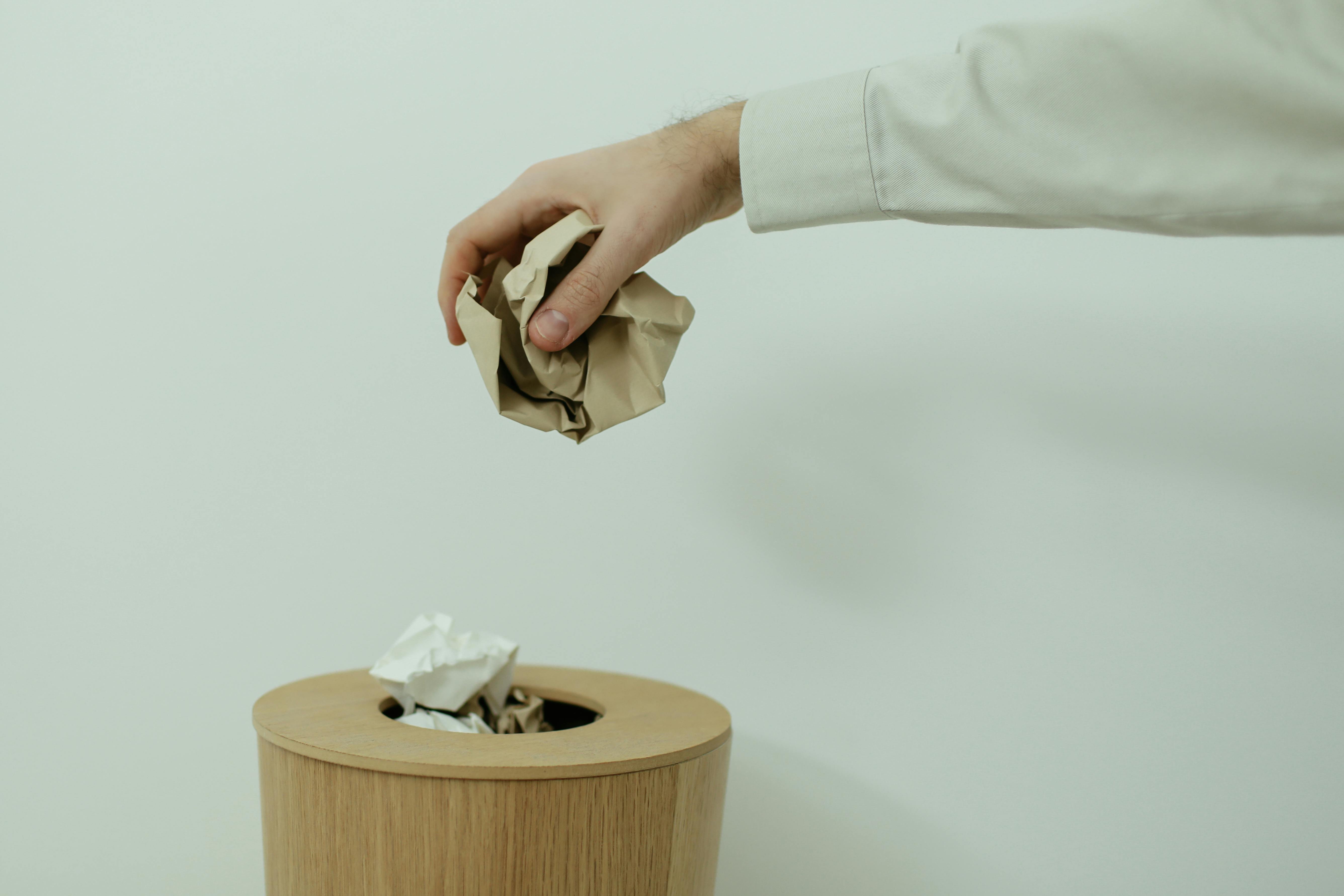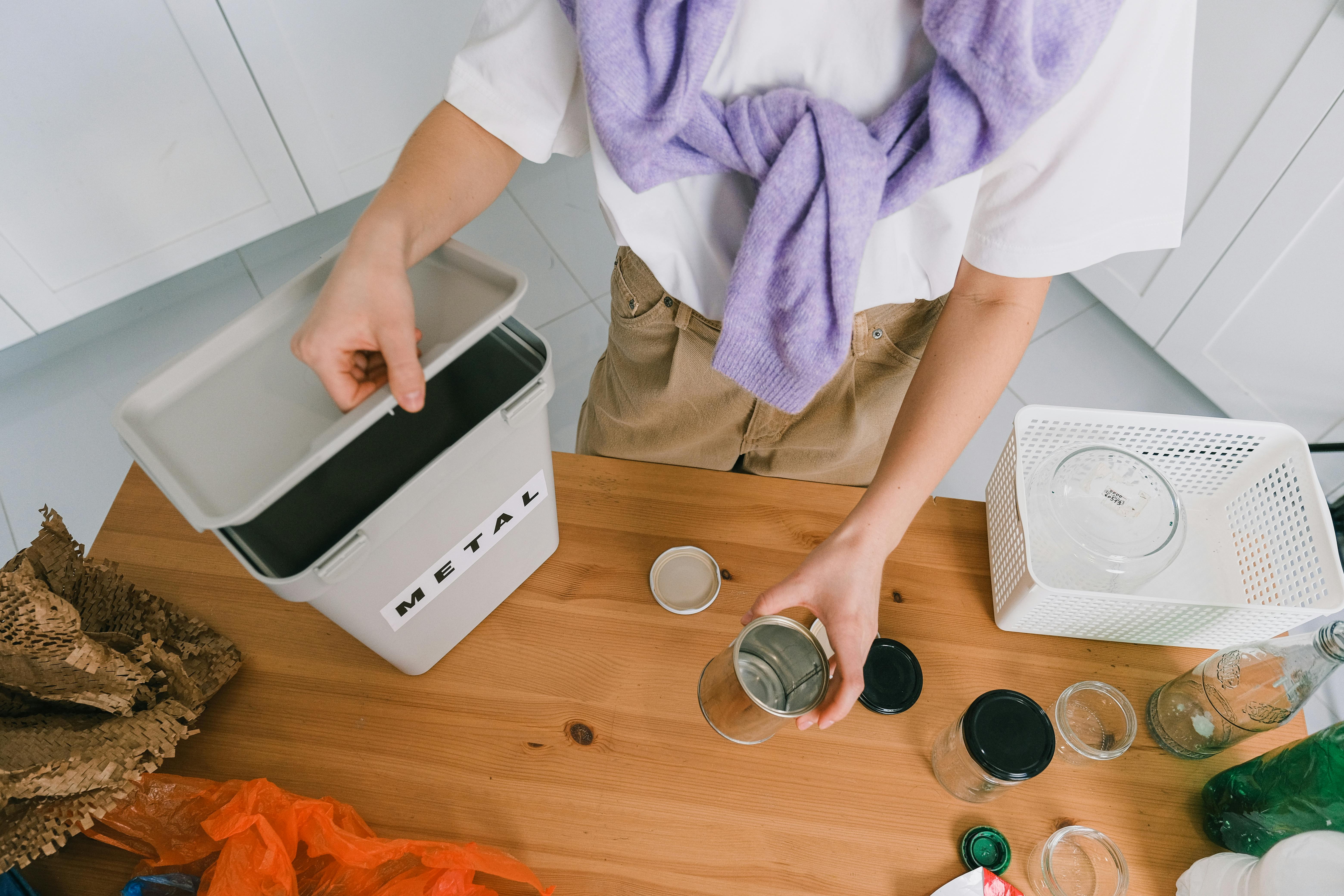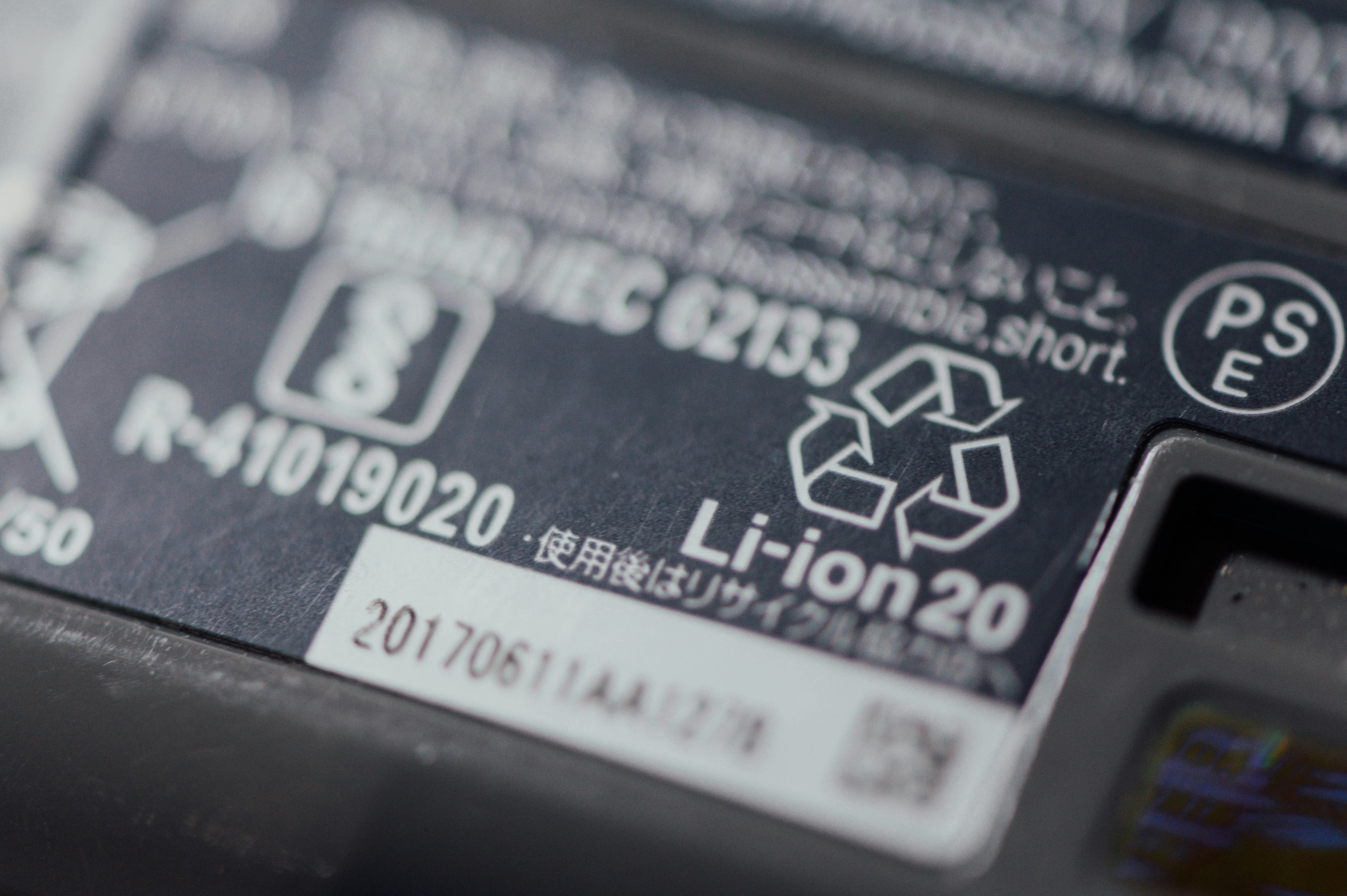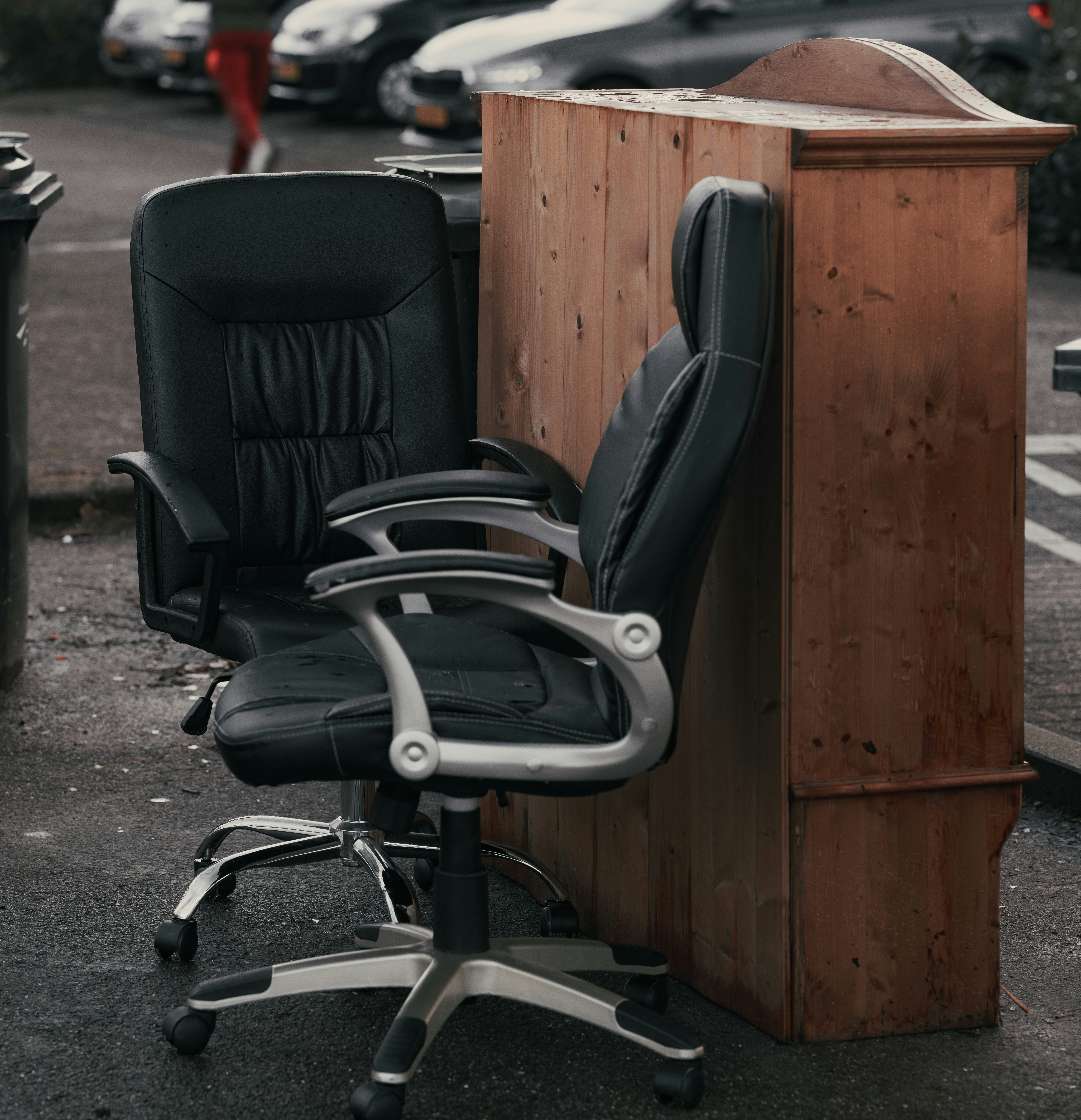Businesses of all shapes and sizes generate waste, and much of it can be recycled. But without the right systems in place, much of that waste ends up in landfill. This not only harms the environment, but can also damage an organisation’s green credentials.
Setting up efficient business recycling not only helps the environment but also reduces costs and ensures compliance with UK waste regulations. In this guide, we’ll break down the types of waste that can be recycled from a workplace, how to improve your recycling efforts, and how First Mile can help you manage waste more sustainably.
Why is workplace recycling important?
Recycling helps businesses cut costs, reduce landfill waste, and meet sustainability goals all at the same time. It also ensures compliance with legal requirements, including the Waste (England and Wales) Regulations 2011 and the new Simpler Recycling Reforms introduced in 2025.
By putting effective commercial waste recycling systems in place, your business can lower its carbon footprint, strengthen its corporate social responsibility efforts and reduce general waste disposal costs across the board.
What types of workplace waste can be recycled?
Most businesses generate a mix of paper, packaging, food waste, electronics and furniture — all of which are recyclable. With the right office waste management systems in place, you’ll cut operational costs and reduce your environmental impact.
Paper and cardboard
Paper and cardboard, including printer paper, packaging, newspapers, and shredded documents, can all be recycled. All paper and cardboard waste should be kept dry and separate from food waste to avoid contamination. Paper and cardboard can’t be efficiently recycled if it’s damp or soiled by food.
All confidential paperwork should be shredded before being recycled to ensure private data is kept secure. Our Secure Document Destruction service is the ideal solution for responsible, legally-compliant disposal.

Food waste
Food waste generated in staff kitchens, canteens, hospitality businesses, and even people’s packed lunches can all be recycled too. All food waste should be collected separately to other recycling types. This is then processed via anaerobic digestion to generate energy.
Recycling aside, there are things that all businesses can do to reduce food waste. Portion control in hospitality businesses and food sharing schemes in offices are great examples of this. The latter means companies can share excess food with charities, community groups, and individuals.

Plastic, glass, and metal
Whether you’re a hospitality business, a shop or an office, you’ll no doubt have plenty of plastic, glass and metal that you need to recycle. Things like glass bottles, plastic containers, drinks cans and food tins can all stack up in business premises, but they’re super easy to recycle.
Where possible, items should be cleaned before recycling as this will prevent contamination. All businesses should provide clearly labelled workplace recycling bins to help employees dispose of their waste correctly and responsibly.

WEEE (electronic waste)
With technology playing a central role in most businesses, electronic waste (WEEE) is an ongoing issue for companies across the UK. This can include things like unwanted computers, printers, cables, and mobile phones.
WEEE must be disposed of through a specialist service to safely handle hazardous components and protect any sensitive data. Opting for professional assistance, like our WEEE recycling service, ensures compliance with data security laws and provides confidence that your business’ electronic waste is being recycled in a secure, sustainable way.

Furniture and bulky waste
Office moves and refurbishments often leave businesses with bulky items like desks, chairs and filing cabinets. Rather than sending these to landfill, consider selling, donating or repurposing them. Or, you could work with a clearance provider to keep items out of landfill.
At First Mile, our Office Clearance service collects office furniture for reuse or recycling, so you can rest assured you’re doing your bit for the environment.

How can businesses improve workplace recycling?
There are many ways you can improve workplace recycling, and a lot of them are simple and easy to implement. Here are some practical ways to boost your business recycling efforts:
- Use clearly labelled recycling bins: Place well-labelled recycling bins in high-traffic areas such as kitchens, break rooms, near printers, and by entrances or exits. The easier it is for people to recycle correctly, the more likely they are to do it.
- Educate and engage employees: Help staff understand why recycling matters. From the environmental impact of poor waste management to your business’s legal obligations, education is key. Posters, training sessions and internal campaigns can all support this.
- Conduct regular waste audits: Audits help you track progress and identify problem areas, whether it’s departments generating too much waste, bins being used incorrectly, or the need for more recycling stations.
- Partner with a reliable recycling provider: Working with a professional waste provider like First Mile makes recycling simple and compliant. We offer tailored collections and support to help your business recycle more and waste less.
How does First Mile help businesses recycle workplace waste?
At First Mile, we offer a full range of zero-to-landfill recycling services, making it easy for businesses to manage waste sustainably. Here’s how we support effective workplace recycling:
- Flexible collections with options for daily, weekly, or on-demand pick-ups
- Comprehensive waste reporting so you can track business recycling rates and your environmental impact
- Specialist services, such as secure paper shredding, WEEE recycling, and hassle-free office clearance
- 100% of waste is either recycled or used for energy recovery, helping you reach your sustainability goals and commitments
Ready to boost your business recycling efforts? Get in touch with First Mile to improve your workplace recycling and reduce waste.
Workplace recycling FAQs
What workplace waste is most commonly recycled?
Paper, cardboard, plastics, glass, metals, food waste, and WEEE (electronics) are the most commonly recycled items in workplaces. Introducing initiatives to cut down on waste at the source, for example by going paperless in certain departments or introducing food portion control, can help reduce the amount of waste produced by your business.
How can businesses make recycling easier for employees?
Commercial recycling works best when employees have the knowledge and tools required to dispose of waste sustainably. Provide clear bin signage, run recycling awareness sessions, and make recycling convenient for team members, customers, and visitors.
Can workplace waste be collected in one go?
No, different recyclable materials in the workplace need separate bins to ensure proper processing. Having clearly marked workplace recycling bins will ensure waste is sorted correctly.
Does recycling help businesses save money?
Absolutely. Recycling reduces the volume of general waste, which means lower disposal costs. It also helps avoid fines linked to non-compliance and boosts operational efficiency, all while supporting your sustainability goals.


